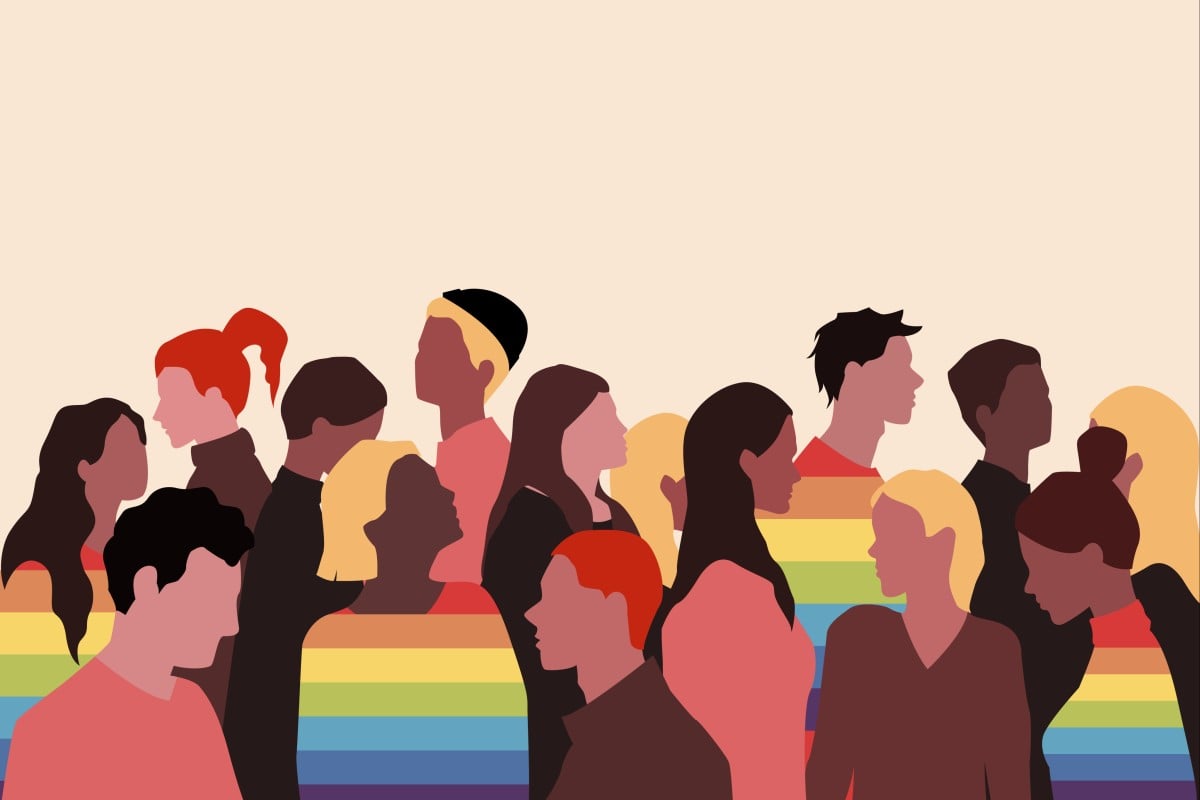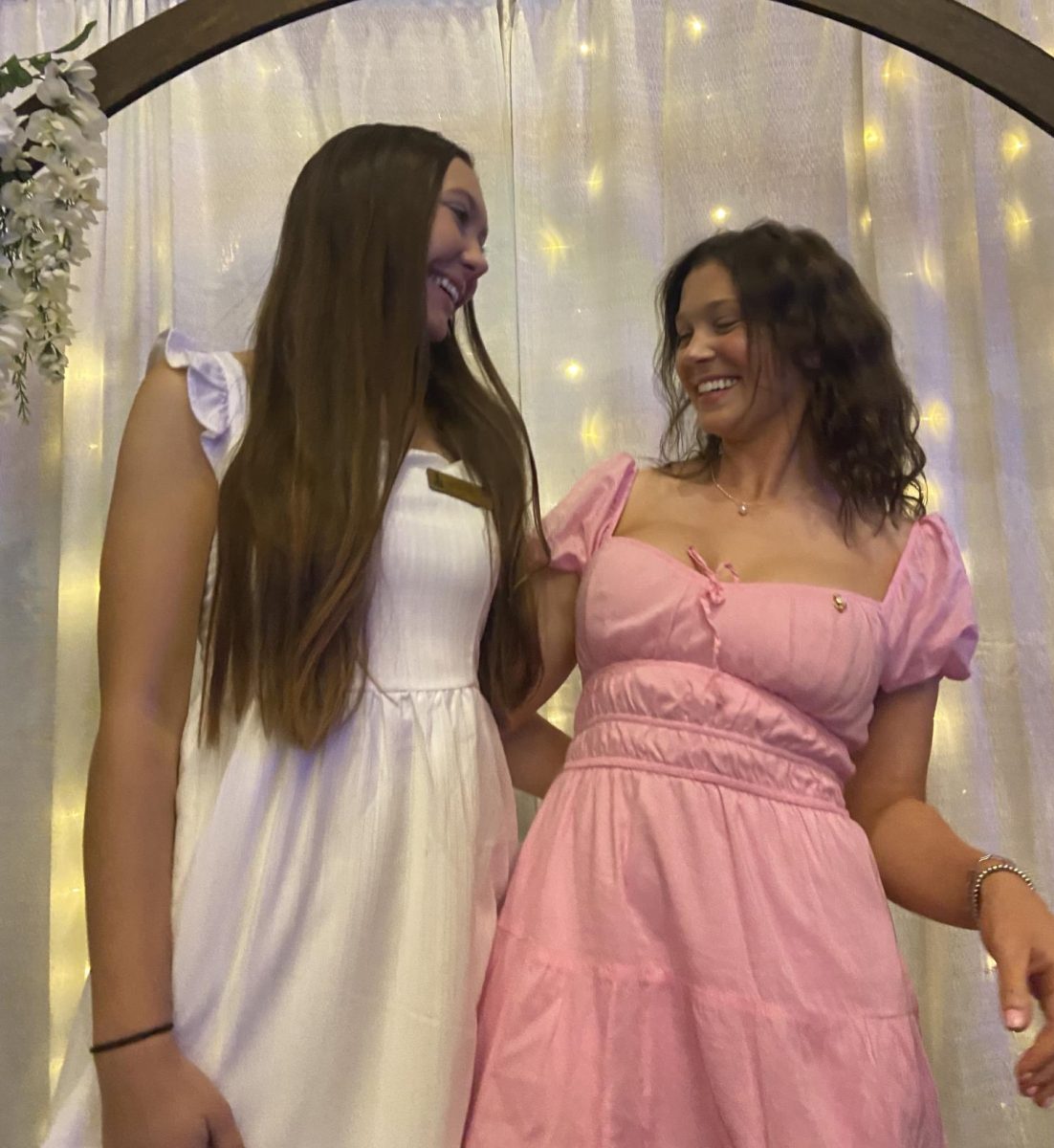I have a problem.
Two Saturdays ago, I woke up at 3:20 in the afternoon. I postponed doing laundry to get a little more shut-eye and only managed to roll out of bed to get ready for that evening’s performance of “Avenue Q” at The Fabulous Fox Theatre.
I spent about an hour and a half showering, deciding what to wear and putting on the necessary accessories for my outfit before meeting up with the rest of my party for dinner.
After dinner, the performance and 45 minutes wasted figuring what do with the rest of the night, my friends and I decided to watch Juno to end Saturday in style.
The problem? That Saturday was the first that I had spent doing something other than studying or participating in a school-related activity, the first Saturday I actually “had fun” this school year (excluding, of course, school vacations).
Upon finally getting back to my dorm at 1:45 in the morning, I contemplated doing some homework. But as the snow fell, I began to feel the fatigue of a relatively mobile day descend upon me, and I knew sleep was the best option-though not the most productive one, in my mind. I did not fall asleep right away, however. I tossed and turned to the horrible thought of having procrastinated, shoving much of the weekend’s work to Sunday.
Many spend their Saturday evenings doing things other than homework. Some spend these Saturday evenings doing other things. They do things much more scandalous than a trip ot the Fox and late-night movie. Yet, I could not understand why doing something that many other students regularly do troubled my conscience as much as it did that night.
I began to wonder if my 18 credit hours and several extracurricular activities had turned into a problem . a problem of working too hard.
An ABCNEWS.com survey from 2001 found that 26 percent of Americans surveyed replied that they are overworked, and 46 percent of that percentage said that the work is worthwhile, if overwhelming.
I decided to take my own survey, a survey my friends of whether they think that I work too hard or not. (I figured that if I don’t know the answer, then they would.) 85 percent of friends said no and 15 percent said yes; each had his or her own reasoning. Some of the 85 percent refuted the 15 percent: “Of course that 15 percent would say you work too hard,” they said. “They don’t work at all!”
Though insightful, their honest perceptions didn’t really help. They don’t vouch well for me now, as I write this on a Friday night in the same room as my friends, but do not socialize with them as I compose in a corner.
A documentary released last year titled Two Million Minutes details the high school careers of six students-a male and a female pair from the United States, India and China, each.
This documentary looks at how the two million minutes spent in high school affects the student’s economic and intellectual success for the rest of his or her life in these three countries.
The documentary suggests, according to The US News and World Report, that American students squander too much of this time playing video games and watching TV, while their counterparts in countries that are our international competitors are spending long hours sharpening their math and science skills.
As a major in International Studies, the global implications of our study habits cause a little concern inside me.
We’re not in high school anymore, but this comparison is still relevant. I’m neither Indian nor Chinese, but Americans tend to subscribe to the stereotype that these groups naturally excel in the fields of math and science. The documentary illuminates the reason for this talent in the future generations of our biggest international competitors: They actually work at improving such skills.
I probably do work too hard. Otherwise, an 85 percent response of “no” would have made me feel better, instead of driving me into deep musings about how I’m handling my life, and everything in it.
I still say have a problem. Yet, the solution is a change in attitude, not a change in action. I understand very well why I choose to work as hard as I do, and I have to apply my mother’s words, here, for encouragement: “There’s always a positive in a negative.”
Even if I somehow fail epically in accomplishing all that I wish to accomplish, I can at least say to myself that I’ve become a better person after the hard work.
Allison Reilly is a sophomore in the College of Arts and Sciences.








